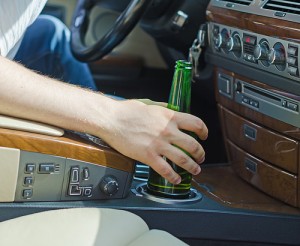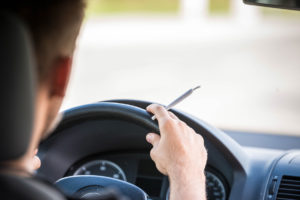 The law prohibits driving while intoxicated as the result of any substance, including legal, illegal, over the counter and prescription drugs. For that reason, when it comes to DUI and DWI, driving under the influence of marijuana carries the same consequences and penalties as drunk driving and driving under the influence of drugs.
The law prohibits driving while intoxicated as the result of any substance, including legal, illegal, over the counter and prescription drugs. For that reason, when it comes to DUI and DWI, driving under the influence of marijuana carries the same consequences and penalties as drunk driving and driving under the influence of drugs.
However, unlike alcohol, it is difficult to detect when someone is under the influence of marijuana. A new technology could change that. Research being conducted at the University of Texas suggests that saliva could be used to as a more accurate way of conducting roadside THC intoxication tests. This could make testing for marijuana impairment easier, cheaper, and more accurate.
Why Marijuana or Weed Impairment Testing is Difficult
As we have previously discussed on the Edward M. Janzekovich law blog, marijuana intoxication evidence can be flawed. Even drug recognition experts can get it wrong and be overruled in a court of law. That’s why, if you or anyone you know is arrested or charged with driving under the influence of weed, cannabis, THC or other marijuana derivative, it is important to get an experienced lawyer as soon as possible.
The reason it is difficult to accurately test intoxication due to marijuana is because detectable amounts of THC – the active chemical in marijuana – can remain in a person’s blood or urine long after he or she has last smoked weed or eaten an edible. Therefore, even though marijuana is detected, the person may not be impaired or intoxicated. Since the law only prohibits “driving while intoxicated,” a driver cannot be convicted of DUI or DWI if a good lawyer can prove that the driver was not impaired at the time he or she was actually driving.
How Saliva Test Strips Work
Researchers at the University of Texas are developing a test that uses disposable test strips and a compact portable reader device to read a person’s saliva and look for signs of marijuana usage. The strips include special proteins that only react to THC. The special reader device can analyze the strip and determine how much THC is there. From there, the reader is able to accurately estimate THC levels in the bloodstream.
Current reports suggest that the device can make a reading in only five minutes and is accurate from 100 picograms per milliliter to 100 nanograms per milliliter of blood. A proposed marijuana intoxication level set by researchers is between 1 and 15 nanograms/ml of blood.
Before this kind of technology could be implemented in New Jersey, experts and politicians would need to designate a per se intoxication level – similar to the .08% BAC level for alcohol impairment. Research would need to be conducted to determine a fair THC concentration that can accurately predict driver impairment/ intoxication without unfairly infringing on people’s rights.
As previously discussed here on the Edward M. Janzekovich law blog, “The New Jersey Marijuana Legalization Amendment” is on the November 3, 2020 ballot in New Jersey as a legislatively referred constitutional amendment. Voters will have an opportunity to vote whether or not to legalize the possession and use of marijuana for persons age 21 and older and legalize the cultivation, processing, and sale of retail marijuana. If the vote passes, the question of standard THC intoxication levels will become increasingly important in the near future.
New Jersey Defense Attorney Edward M. Janzekovich Handles Any Kind of DUI and DWI Case
When it comes to driving under the influence of drugs or alcohol, the law and technology are always changing. If you or someone you know is arrested, you will want to talk to a who is prepared to review the evidence against you and get any inadmissible evidence thrown out. A good attorney can make a big difference. To speak with an experienced New Jersey DWI/DUI lawyer about your situation, call us at 732-257-1137 or contact us online today. We serve clients throughout the state of New Jersey.




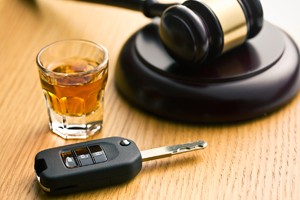 Although it is unlikely, there are rare times when a driver must face charges for multiple drunk driving offenses at the same time. This can result from a variety of circumstances. As a law firm specializing in drunk driving defense, we here at the Edward M. Janzekovich law blog are prepared to help regardless of how unlikely the situation. Successfully defending against
Although it is unlikely, there are rare times when a driver must face charges for multiple drunk driving offenses at the same time. This can result from a variety of circumstances. As a law firm specializing in drunk driving defense, we here at the Edward M. Janzekovich law blog are prepared to help regardless of how unlikely the situation. Successfully defending against 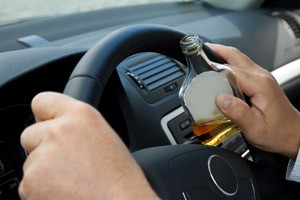
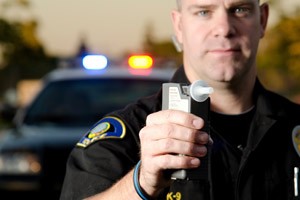 The law in New Jersey is different than 48 other states in that it treats a
The law in New Jersey is different than 48 other states in that it treats a 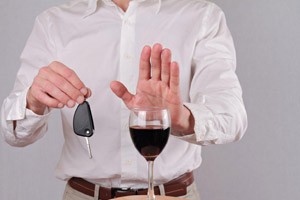 The consequences for getting a convicted of driving under the influence of alcohol or drugs in the State of New Jersey are potentially devastating. Even a first offense can result in jail time, loss of license, fines, and the potential loss of your ability to work or provide for your family and loved ones. If you have already been convicted of one or more prior DWIs, any additional offense will result in much more devastating penalties: mandatory jail, loss of license, and other increased punishments compared to the first offense.
The consequences for getting a convicted of driving under the influence of alcohol or drugs in the State of New Jersey are potentially devastating. Even a first offense can result in jail time, loss of license, fines, and the potential loss of your ability to work or provide for your family and loved ones. If you have already been convicted of one or more prior DWIs, any additional offense will result in much more devastating penalties: mandatory jail, loss of license, and other increased punishments compared to the first offense.